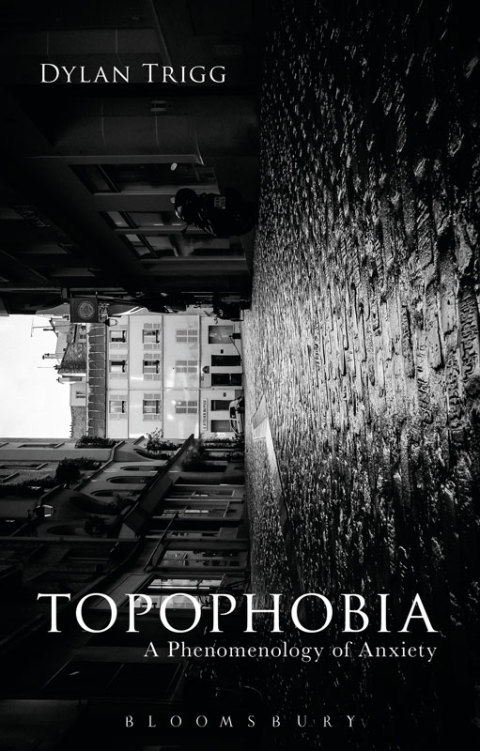

Most ebook files are in PDF format, so you can easily read them using various software such as Foxit Reader or directly on the Google Chrome browser.
Some ebook files are released by publishers in other formats such as .awz, .mobi, .epub, .fb2, etc. You may need to install specific software to read these formats on mobile/PC, such as Calibre.
Please read the tutorial at this link: https://ebookbell.com/faq
We offer FREE conversion to the popular formats you request; however, this may take some time. Therefore, right after payment, please email us, and we will try to provide the service as quickly as possible.
For some exceptional file formats or broken links (if any), please refrain from opening any disputes. Instead, email us first, and we will try to assist within a maximum of 6 hours.
EbookBell Team

4.7
86 reviewsTopophobia: A Phenomenology of Anxiety is a vivid second-person inquiry into how anxiety plays a formative part in the constitution of subjectivity. While anxiety has assumed a central role in the history of philosophy – and phenomenology in particular – until now there has been no sustained study of how it shapes our sense of self and being in the world. This book seeks to address that lacuna. Calling upon the author's own experience of being agoraphobic, it asks a series of critical questions: How is our experience of the world affected by our bodily experience of others? What role do moods play in shaping our experience of the world? How can we understand the role of conditions such as agoraphobia in relation to our normative understanding of the body and the environment? What is the relation between anxiety and home? The reader will gain an insight into the strange experience of being unable to cross a bridge, get on a bus, and enter a supermarket without tremendous anxiety. At the same time, they will discover aspects of their own bodily experience that are common to both agoraphobes and non-agoraphobes alike.
Integrating phenomenological inquiry with current issues in the philosophy of mind, Trigg arrives at a renewed understanding of identity, which arranges self, other and world as a unified whole. Written with a sense of vividness often lacking in academic discourse, this is living philosophy.